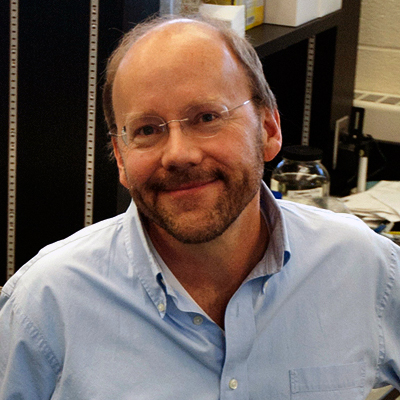Saving Haiti's environment and biodiversity
Haiti is the poorest country in the Americas and its people have suffered greatly from disease epidemics, poverty, and the 2010 earthquake. However, few people know that Haiti is also moving towards being the first country of significant size to undergo a full collapse of its terrestrial biodiversity--in other words, a mass extinction, with its natural forest cover being only 1% of its original extent. If this happens, the resulting environmental damage that will affect water and energy resources will lead to even more human suffering. Dr. Blair Hedges, of Temple University, studies the dynamics of deforestation and loss of biodiversity so that he and his team can devise a way to slow or stop extinction from occurring in Haiti and elsewhere. In addition to assisting Haiti, Dr. Hedges' results will be relevant and useful for understanding and preventing mass extinctions in other countries that are similar to Haiti, such as those in East Africa and the Congo River Basin.
Most of the world's biodiversity, which includes animals, plants, fungi, and microbes, originally blanketed the Earth's land surface. The removal of forests has not only threatened the survival of species on land, but it has caused soils to wash out to oceans, killing coral reefs and fishes. In turn, in the absence of soils and trees that normally slow down the flow of water, massive flooding occurs when it rains, and desert conditions are present when it is not raining, both of which drastically affect local human populations that require water for drinking and agriculture. Dr. Hedges and his team therefore travel to remote parts of Haiti, by helicopter, and survey biodiversity in the last 1% of forests. They estimate that there are at least 25,000 species that live only in Haiti and nowhere else in the World. Through the identification of species, captive breeding programs, freezing of species' cells so they can be revived in the future, and creation of private nature preserves, Dr. Hedges and his team work closely with the Haitian community to protect and eventually restore the once thriving forests that covered their country.
Current research includes:
-
Science Data: Dr. Hedges and his team collect data from the forests that remain in Haiti including identifying and mapping species. Identifying species is often not easy because many are new to science, including plants, frogs, and all types of other organisms. Dr. Hedges has even re-discovered large trees thought to be extinct. DNA sequences are used like barcodes in a supermarket to help identify species.
-
Conservation: Dr. Hedges' conservation efforts are multifaceted. He and his team begin in the Haitian communities by identifying land owners and people who can help to educate those that are actively cutting trees about agricultural practices that will be more beneficial. He also has initiated a program in which the most threatened forests in Haiti can be turned into private or national parks for preservation, through the purchase of land. In addition to conservation efforts within Haiti, Dr. Hedges helped to start a captive breeding program at the Philadelphia Zoo where he brings back endangered species of frogs to reignite the species. Lastly, Dr. Hedges freezes cells in cryobanks so that species can be revived in the future, if necessary, and returned to reconstituted habitats.
Bio
In his pastime, Dr. Hedges has an interest in books and art from the Renaissance and has developed new methods for dating artwork that draws from the molecular clocks of biology. His publications resulting from this hobby have been highlighted twice in the New York Times.
Dr. Hedges has always been attracted to exploration and discovery in books and movies. As a researcher he finds rigorous science with real world applications especially rewarding. The enormous environmental change in Haiti has motivated him to study biodiversity loss there because it was clear that much could be learned that might help save at least some of the biodiversity from disappearing.
Research Website: www.hedgeslab.org & Outreach Website: www.caribnature.org


